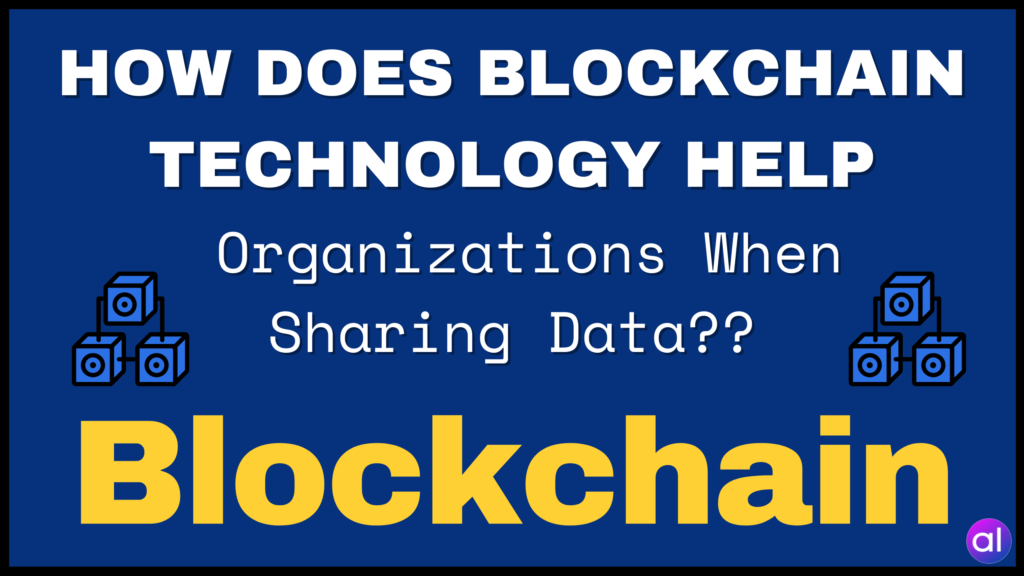In the Ancient Greek tale of Oedipus, travelers were promised great rewards for solving difficult riddles, but a menacing sphinx awaited those who failed. Similarly, in the world of cryptocurrency in 2017, blockchain technology had the potential to revolutionize finance and other industries. However, two major challenges hindered its progress: (1) the complexity of securities laws in relation to decentralized systems, and (2) a regulatory environment hostile towards digital assets, posing significant risks to those trying to navigate the first challenge.
Today, the regulatory landscape is evolving, with the SEC’s Crypto Task Force acknowledging the need for innovation-friendly regulations. While this is a positive step, there are still hurdles to overcome. U.S. securities laws, a combination of congressional statutes and SEC rules, present significant challenges that can only be addressed by legislative changes.
Here is a breakdown of the common challenges faced by developers of tokenized securities:
Regulatory Considerations
Tokenized securities involve the creation of on-chain tokens representing equity in a company or other assets, offering various benefits such as instant settlement and share fractionalization. While the SEC may be more open to tokenized securities, statutory constraints remain a key issue.
The Investment Company Act
Tokens providing economic exposure to pooled assets may fall under the Investment Company Act, which regulates investment companies like mutual funds. Compliance with this act can be challenging for token projects.
Broker-Dealers Under the Securities Exchange Act
Qualifying as a broker-dealer involves various criteria, and the current regulatory framework poses challenges for trading digital assets in this capacity.
Exchanges Under the Securities Exchange Act
Platforms facilitating trading of tokenized securities may be classified as exchanges, subject to specific regulations that may need to be adapted for digital assets.
Security-Based Swaps Under the Securities Exchange Act
Tokens offering exposure to securities performance may be considered security-based swaps, requiring compliance with regulations overseen by the SEC and the CFTC.
AML and KYC
Compliance with anti-money laundering and know-your-customer laws is essential for companies involved in tokenized securities transactions.
Navigating the Challenges
Solving these regulatory riddles is crucial for the success of tokenized securities projects. Developers must consider the economic, technological, and regulatory aspects from the outset to ensure a holistic approach. Ignoring regulatory considerations can jeopardize the project’s objectives and benefits. Overcoming these challenges is not just a hurdle to clear but an integral part of the solution.
The views expressed in this article are solely those of the author(s) and do not necessarily represent the opinions of Skadden or its clients.



